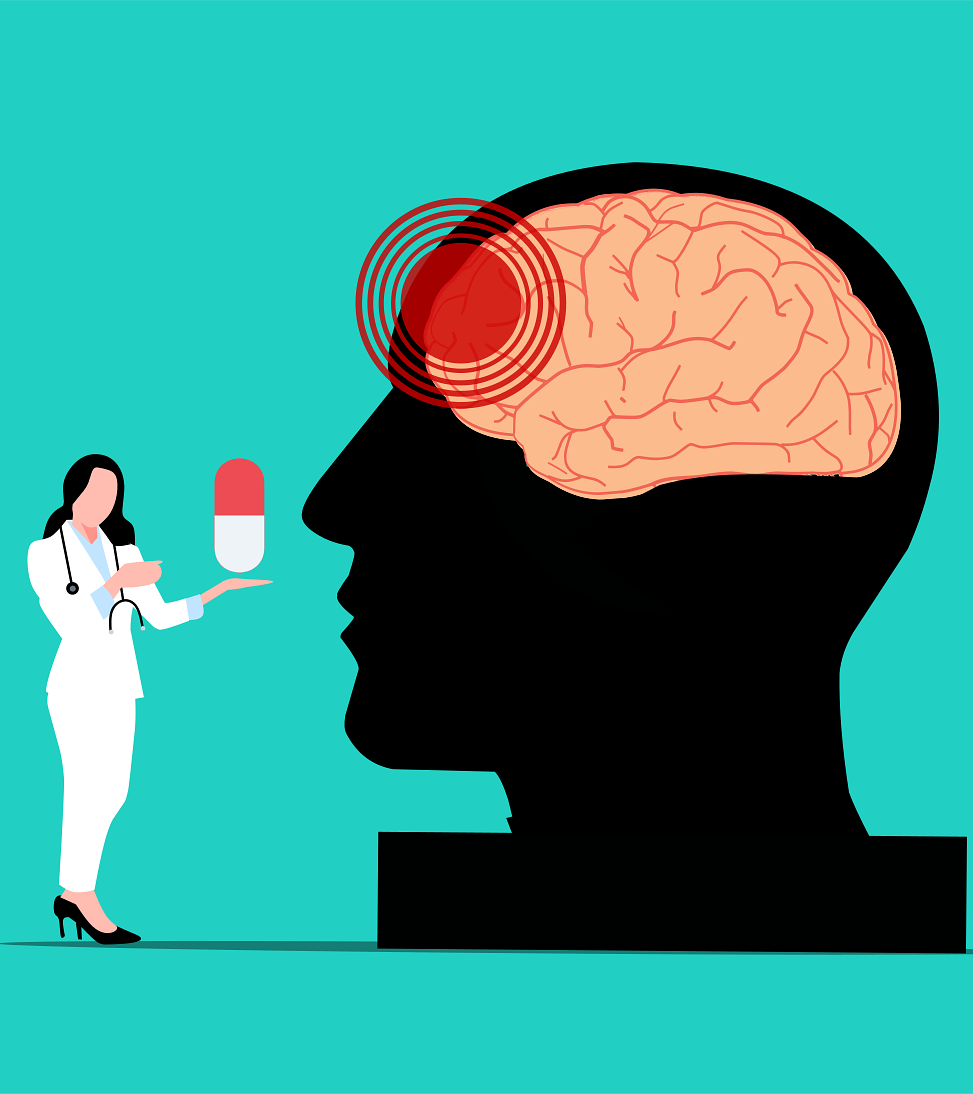
Mental health and addiction recovery often require a level of care that bridges the gap between outpatient therapy and full-time residential treatment. A Partial Hospitalization Program (PHP), a structured day treatment option, provides intensive support for individuals battling mental health disorders or substance use issues while allowing them to return home each evening. This flexible yet comprehensive approach offers a lifeline for those needing significant intervention without the full commitment of inpatient care, making it a vital tool in the journey toward recovery.
Understanding Partial Hospitalization Programs
A Partial Hospitalization Program (PHP) is a structured, intensive treatment option where individuals attend therapy and support sessions for several hours a day, typically five to seven days a week, but sleep at home. Unlike outpatient therapy, which might involve one session weekly, PHPs offer a rigorous schedule, often 6¨C8 hours daily, including individual therapy, group counseling, and skill-building activities. They are designed for conditions like depression, anxiety, bipolar disorder, eating disorders, or substance use disorders, particularly when outpatient care isn¡¯t enough but residential treatment feels too restrictive. PHPs provide a balance, offering robust support while maintaining some independence.
Who Benefits from PHPs?
PHPs are ideal for individuals transitioning from inpatient care or those whose conditions impair daily functioning but don¡¯t require 24/7 supervision. For example, someone recovering from alcohol addiction might use a PHP to maintain sobriety while reintegrating into family life. Similarly, a person with severe anxiety might need daily therapy to manage symptoms without disrupting work or school entirely. PHPs also suit those with co-occurring disorders, like depression and substance abuse, requiring integrated treatment. Adolescents, adults, and even professionals with demanding schedules can find PHPs tailored to their needs, with programs often customized for specific demographics or conditions.
The Structure of a PHP
A typical day in a PHP is carefully structured to maximize therapeutic impact. Participants might start with a morning check-in, followed by individual therapy using evidence-based approaches like cognitive-behavioral therapy (CBT) or dialectical behavior therapy (DBT). Group sessions, a core component, foster peer support, allowing individuals to share experiences and practice coping skills. Psychoeducation classes teach relapse prevention, stress management, or emotional regulation. Some programs incorporate holistic therapies like mindfulness, yoga, or art therapy to enhance well-being. Medical oversight, including medication management, ensures physical and mental health needs are met. This intensive schedule provides stability while allowing evenings at home to maintain personal connections.
Benefits of Partial Hospitalization Programs
PHPs offer unique advantages, blending intensive care with real-world application. The ability to return home nightly helps patients practice skills in their own environment, easing the transition from treatment to everyday life. According to the National Alliance on Mental Illness, PHPs can reduce hospitalization rates for mental health crises by providing timely, intensive intervention. The structured environment minimizes exposure to triggers, like substance access or stressful settings, while fostering accountability through daily attendance. Group therapy builds a sense of community, reducing isolation¡ªa key factor in mental health struggles. Additionally, PHPs are often more cost-effective than residential treatment, making them accessible to those with financial constraints.
Challenges and Considerations
While effective, PHPs have challenges. The daily commitment can strain work or family responsibilities, requiring careful planning. Participants need a stable home environment, as returning to chaotic or triggering settings can undermine progress. Transportation to and from the facility can also be a barrier, though some programs offer virtual or hybrid options. Insurance coverage varies, and out-of-pocket costs can be significant, though many PHPs work with insurers to reduce expenses. Stigma around intensive mental health care may deter some, but growing awareness is normalizing these programs. Choosing a reputable PHP with licensed clinicians and evidence-based practices is essential for success.
Success Stories and Impact
Real-world examples illustrate PHPs¡¯ transformative potential. Consider Mia, a fictional composite based on typical cases: a 29-year-old graphic designer struggling with bulimia and depression. After outpatient therapy failed to curb her symptoms, Mia enrolled in a PHP. Daily group therapy helped her address shame, while CBT sessions taught her to challenge negative thoughts. Nutritional counseling supported her recovery, and evening family time kept her grounded. After eight weeks, Mia transitioned to outpatient care, now managing her symptoms and pursuing her career with renewed confidence. Such stories highlight how PHPs can bridge critical gaps in recovery.
Making the Decision
Deciding if a PHP is right involves assessing one¡¯s needs with a mental health professional. Key questions include: Is outpatient care insufficient? Is residential treatment too disruptive? Researching programs is crucial¡ªlook for accreditation, qualified staff, and patient reviews. Many PHPs offer assessments to determine fit, and some provide family education to support recovery. For those hesitant, starting with a shorter program or exploring intensive outpatient programs (IOPs), which require fewer hours, can be a stepping stone. Open communication with employers or schools can also ease participation.
A Step Toward Recovery
Partial Hospitalization Programs offer a powerful, flexible path for those battling mental health or addiction challenges. By providing intensive care with the freedom to maintain personal connections, PHPs empower individuals to rebuild their lives with practical tools and support. If you or a loved one are considering this option, reach out to a provider or helpline like SAMHSA¡¯s National Helpline (1-800-662-HELP) for guidance. Recovery is within reach, and a PHP might be the perfect step toward a healthier, more balanced future.















